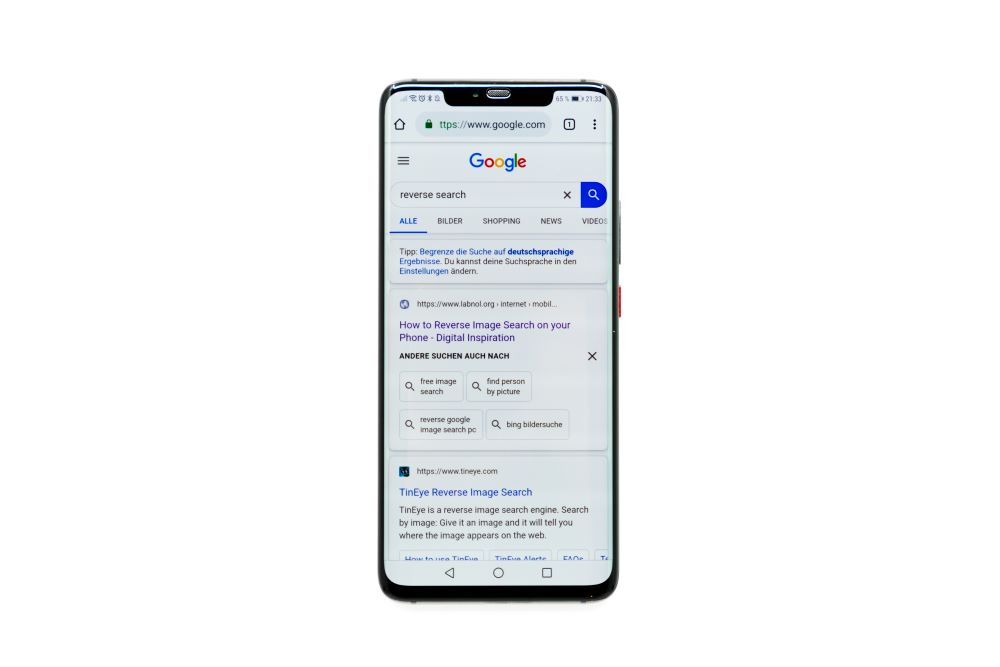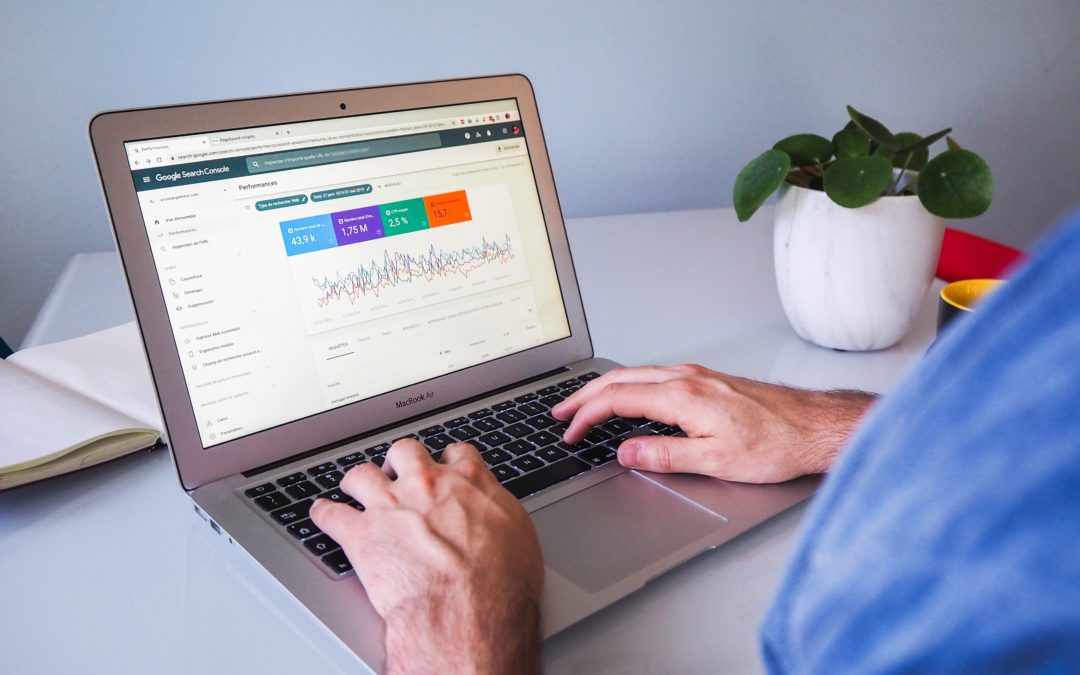The Internet is unquestionably one of the best innovations of the last century. It has enormous power and is propagated for us to cherish its benefits. It is open for the entire world to use and Anyone with an internet connection and a device to access can not just consume but also create content for the Internet. This tendency of being open to everyone for both consumption and contribution makes it like the “The Tree of Souls” from the James Cameroon Movie “Avatar”.
The Abundance of information on the internet made it very difficult for people to find the information they were seeking. Search Engine solved this issue and gave a new perspective to the internet.
The emergence of the Internet in general and search engines, in particular, has had a very important implication for businesses around the world. This implication can be summarized with the term “Search Engine Optimization’, SEO for short. Essentially, your business website will clearly want to be noticed by as large a number of people as possible. Within the context of the Internet, it means that your business website will need to show up in the search lists repeatedly when the search query is related to what your business offers.
Google receives over 63,000 searches per second on any given day. So it is really important to stand out for the right search queries. To combat the rivalry and get on top of the search lists, your website should buddy up with search engine optimization.

Search Engine Optimization
1. Off-Page SEO
Off-page SEO is all about ensuring that your website has enough influence on the web. In the physical world, any new business needs connections or referrals to survive and get rolling. Likewise, your website will need enough listings and connections with pages of high reputation to get better Search Engine Scores. By accomplishing these, your website will effectively finish half of SEO.
2. On-Page SEO
On-page SEO is all about ensuring that your website is sufficiently relevant to show up. By implementing a few key changes in your website, you can make sure that each page on your website has enough keywords to show up for relevant search queries. Using Keywords on H1 Tags will give your website more weightage. It highlights the key content of the page not just for the user, but for the search engine crawlers as well. Updating your Metadata for search will get your website ranked better on Search engines and will make your website’s appearance on the SERP(Search Engine Result Page) prominent to earn more clicks.

Search Console
It takes a long time to get significant improvement in Search Engine Ranking by SEO and so it relies heavily on keeping an eye on the progress to be sure that you are on the right track.
“You can’t manage what you don’t measure.” ~ Peter Drucker
Google Search Console is a free service provided by Google that helps you monitor, maintain, and troubleshoot your site’s presence in Google Search results.
1. Performance
You can measure how your website performs on Google Search Engine by monitoring
- Number of times your website is appearing on a search result
- Number of clicks your site gets when shown on a search result
- Average CTR(Click Through Rate)
- Average position on Search Result Page
You will be able to find specifically which key phrases or search queries are being used to search for your business in Google, along with the number of search appearances and clicks for each such search query. You can get the impressions and clicks generated by your website’s search result in a country-wise, device-wise, and even date-wise manner.
2. Sitemap Submission
With this feature, you can submit the list of URLs that are to be crawled on your website by Google. This will increase the crawl speed and will ensure that the images/videos are being fetched properly from all your web pages. You can inform Google crawler of important information like how often your website gets edited or when it last got updated.
3. URL Handling
There may be a case when in the past, you slashed prices off a product/service on your website and later removed it from the website, yet it appears on Google search. This can be taken care of by raising a removal request from Google Search Console.
4. Link Monitoring
Google Search Console also provides information on which websites are backlinking to your website. It gives a detailed account on which pages have got the most backlinks, which websites have provided backlinks to your website and what are the most used linking texts.
Using Google Search Console can not just monitor your changes, but can also ensure that the corrective actions you take while doing SEO are relevant and see improvements to verify the effect of every change you make.

Google Analytics
“Information is the oil of the 21st Century and Analytics is the Combustion Engine.” ~ Peter Sondergaard
You might feel that there is too much information on Google Analytics but you can save yourselves from the confusion. The best part of Analytics is that you can customize your dashboard with the data which you feel will be most useful. It is as simple as filtering data on a spreadsheet. This way you can keep an eye on selective information for your website.
To use Google Analytics for your website, you need to interpret the distinction between two terms that are often used. Metrics & Dimensions. A Metric is a quantitative measurement. Examples of metrics are the Number of Visitors, Avg. Time on Page, Avg. Session Duration, Avg. Pages/Session etc,. A Dimension is a filter attribute that acts upon a metric. Examples of Dimensions are City, Device, Browser, Source, Screen Size, etc. Most importantly on Google Analytics, you can toy with any metric of any dimension. You can mix it up according to your convenience to dive deep into different aspects.
A straightforward approach to understand Google Analytics for your website from a business perspective is by concentrating on 3 aspects.
1. Acquisition (From where you get your users)
Look out for how many users visit your website, their source, and their path to your website along with their geographical location and their interest to return. You can identify all about your target audience.
2. Behavior (What the users do in your page)
Pay attention to what the Avg. Session Duration, Avg, Page/Session, and the bounce rate are. This will help you understand what your user likes best on your website, it will come to aid while planning further content for your website.
3. Conversion (Goal completion rate)
Specific Page Visit, Specific Event (filling out an enquiry form), Purchase of a Specific Product Etc. falls under the aspect of conversion. Keep yourself in the loop of how conversion occurs on your website.
Optimizing your website to be found by search engines, monitoring how your website is performing on search lists, and analyzing your website traffic is the whole package of sustaining your website after it finds a place on the Internet. Unifying all 3 tools for your website is unavoidable if you don’t want your website to get lost in the web jungle. Get going to expand your business with our validated strategies to harvest your fruits. If your journey gets tricky, come back to this blog and brush up your understanding or let us help you maneuver your website into the right track.



